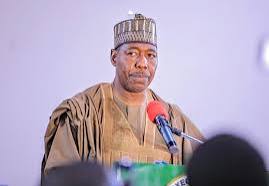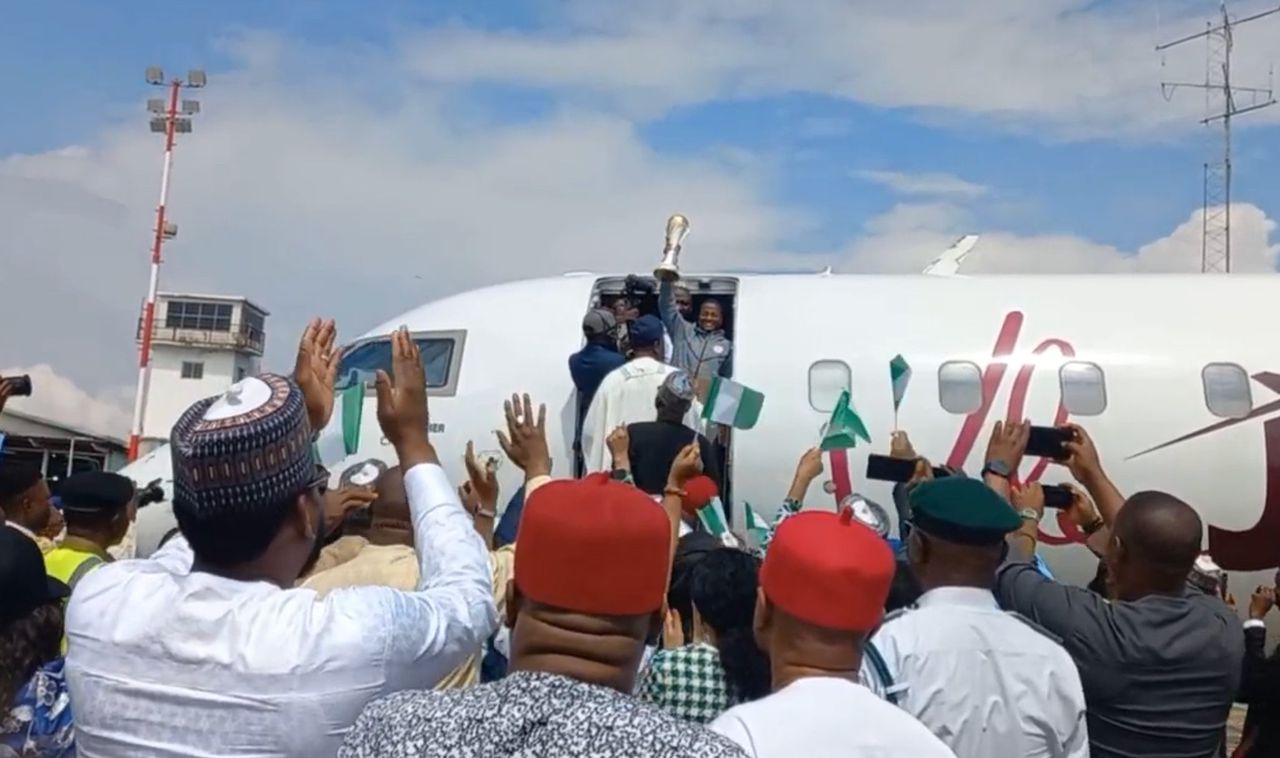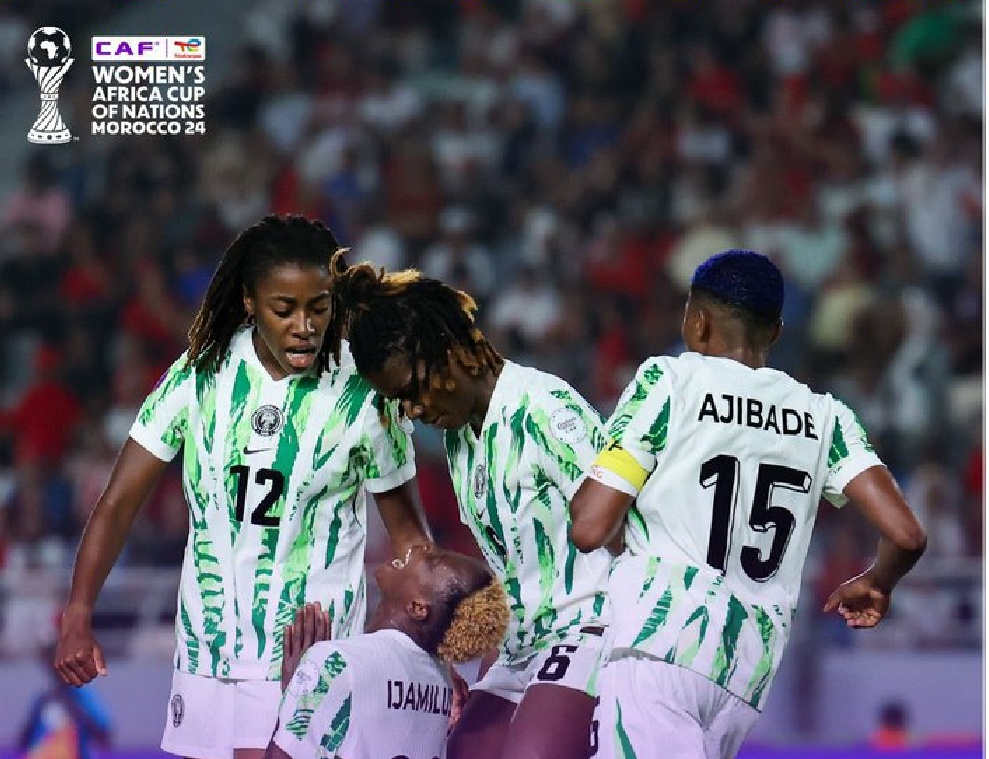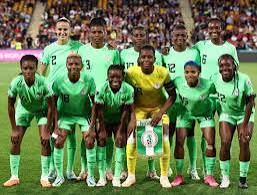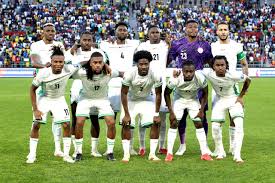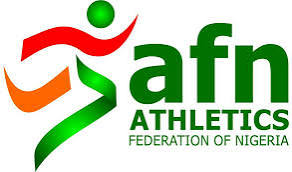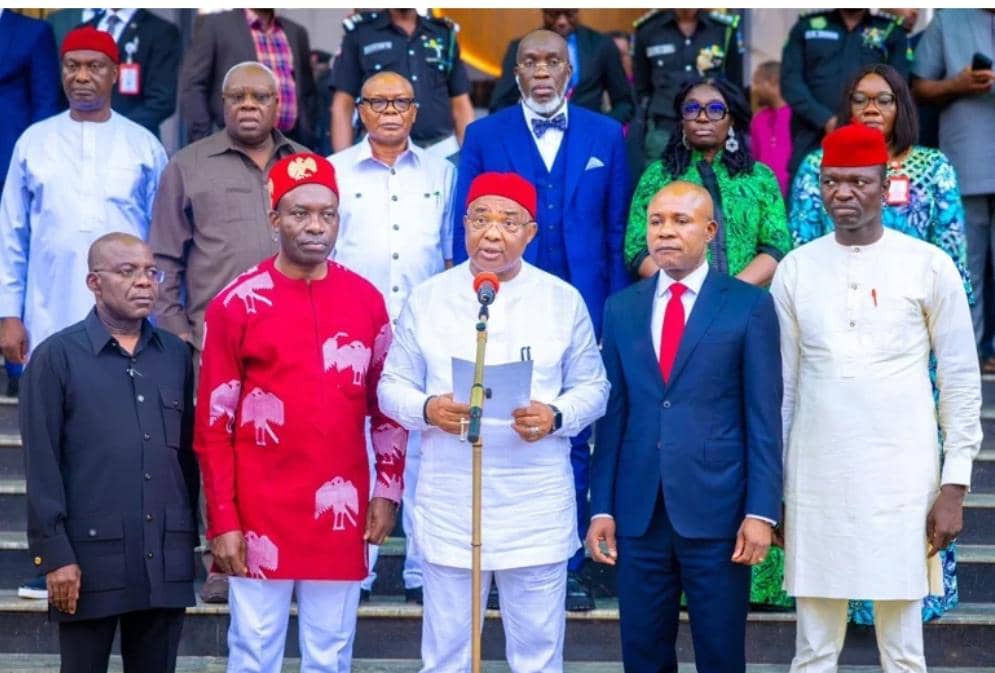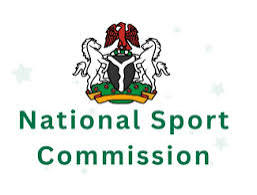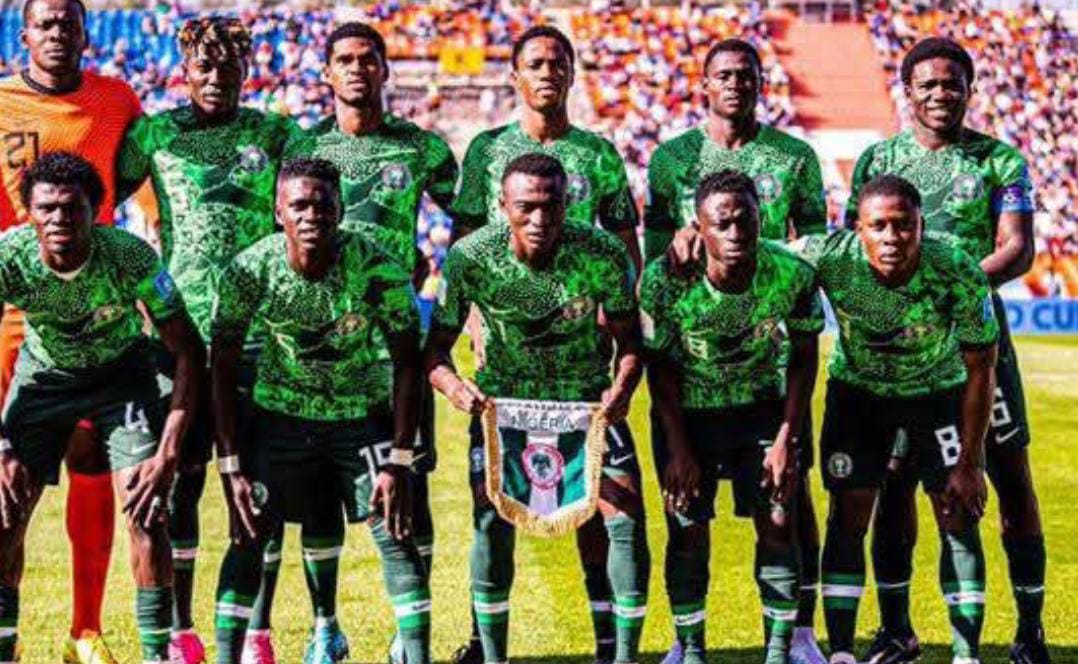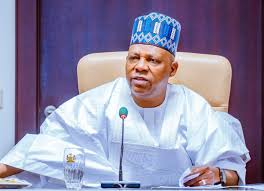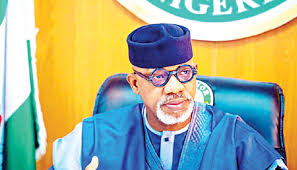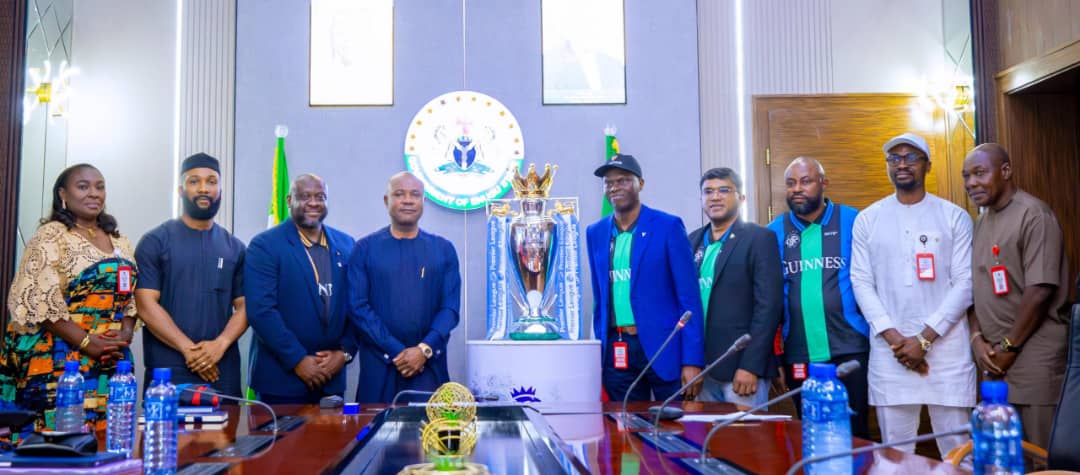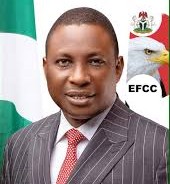
Dare Babalola
The Executive Chairman of the Economic and Financial Crimes Commission (EFCC), Ola Olukoyede, has called for an intense collaboration to combat the money laundering menace in the country.
He called for a joint effort with Designated Non-Financial Businesses and Professionals (DNFBPs) to eradicate the threat.
In a statement on Thursday by the agency’s Head of Media and Publicity, Dele Oyewale, the EFCC boss said this during a one-day outreach programme for high-risk DNFBPs, organised by the EFCC at The Jagz Ibadan Hotel.
Represented by Hauwa Garba Ringim, the Acting Director of the EFCC’s Ibadan Zonal Directorate, Olukoyede said, “Your presence here today signifies a more deliberate collaborative effort and greater commitment towards effective implementation of the Anti-Money Laundering, Combating the Financing of Terrorism and Countering Proliferation Financing measures and enforcement of the Money Laundering Law”.
Commending them for their past efforts, the agency chairman said DNFBPs like lawyers, real estate agents, accountants, and dealers in solid minerals and precious metals play a vital role in the nation’s economy.
Urging them to be more vigilant, Olukoyede stressed that these sectors and the professionals who are into legitimate businesses could be exploited by criminals to launder illicit funds.
He said, “This is why compliance with the Special Control Unit Against Money Laundering, SCUML, is essential. It ensures that your businesses are not used as conduits for financial crimes. In the EFCC, we have ramped up our enforcement, outreach, and intelligence-sharing efforts.
“Our goal is simple: to strengthen compliance across high-risk sectors and protect the integrity of our economy. Our work is guided by international standards, particularly the Financial Action Task Force, FATF recommendations.”
He further noted that “Nigeria’s standing in the global financial system depends significantly on how well we implement the Anti-Money Laundering/Countering Financing of Terrorism/ and Countering the Proliferation Financing measures across both financial and non-financial sectors,” as non-compliance exposes the nation to grey-listing and international restrictions which hinders economic development.
“The legal framework for AML/CFT in Nigeria is primarily anchored on the Money Laundering (Prevention and Prohibition) Act, 2022, the Terrorism (Prevention and Prohibition) Act, 2022, and other subsidiary regulations. These laws provide a strong foundation for identifying, tracking, and penalizing illicit financial activities.”



